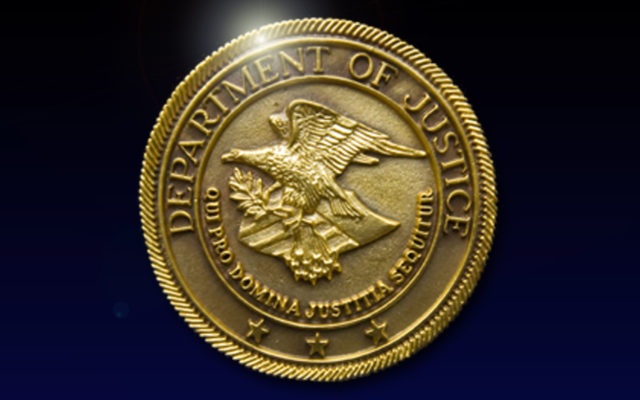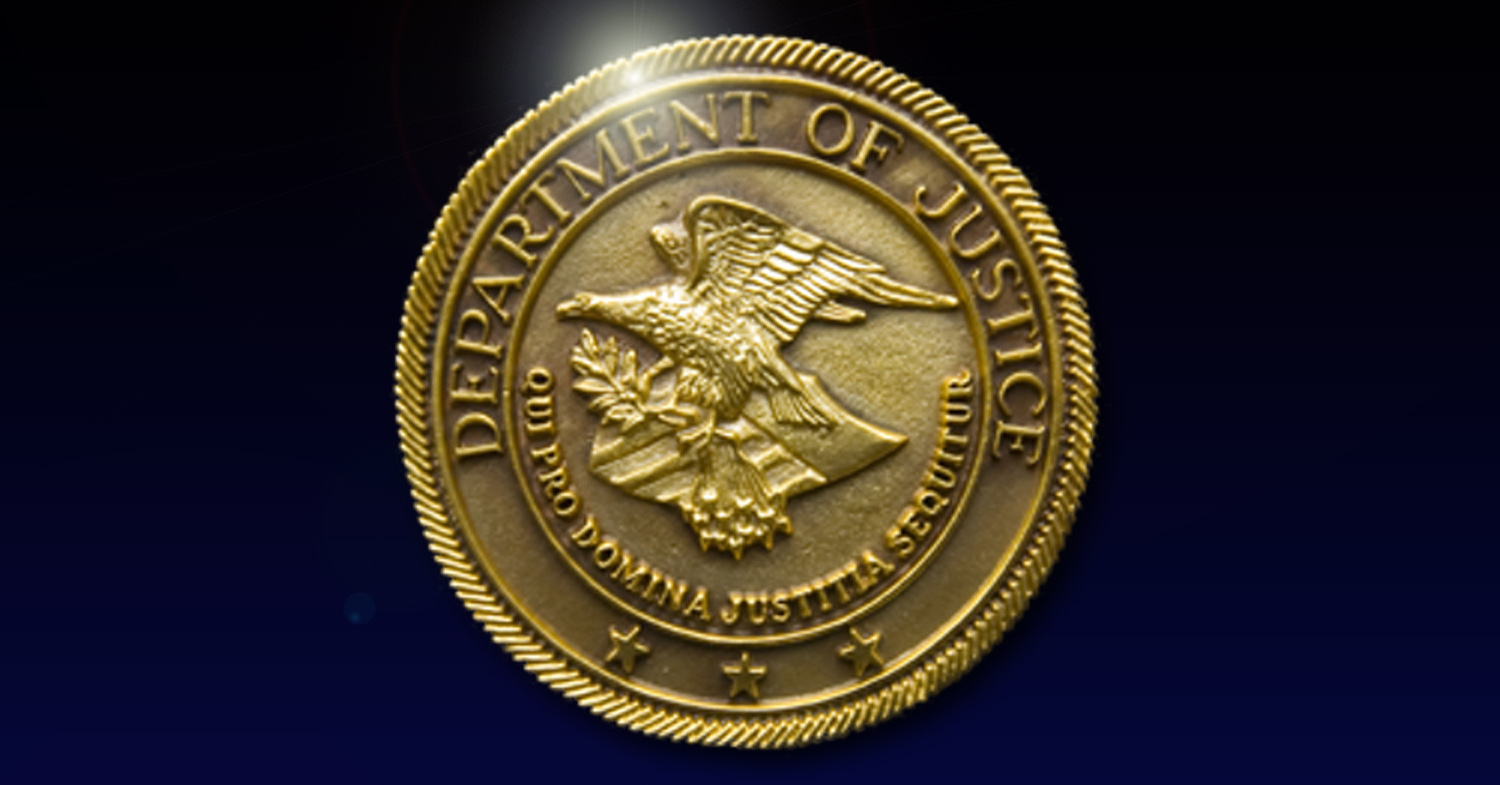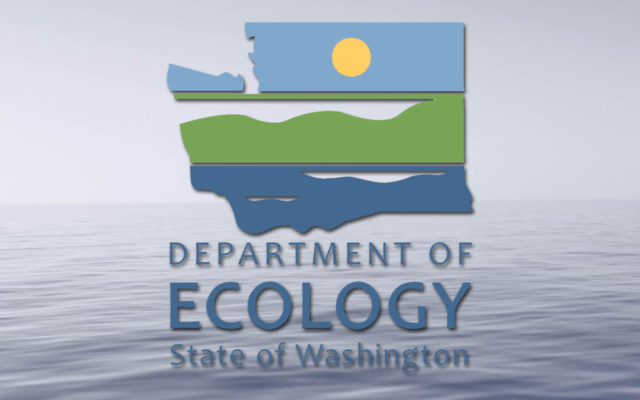DOJ awards more than $8.5 million to Western Washington Tribes; including Quinault Indian Nation


The U.S. Department of Justice has awarded more than $8.5 million to Western Washington Tribes for improvements to their criminal justice systems and youth development programs, announced U.S. Attorney Nick Brown.
The awards, to eight different tribes, are targeted for specific needs identified by each tribal community.
This announcement includes $1.5 million allocated for the Quinault Indian Nation and over $500,000 for the Confederated Tribes of the Chehalis Reservation and Squaxin Island Tribe.
“It is an impressive list of projects and goals that each of these tribes outlined in their grant applications,” said U.S. Attorney Brown. “From developing programs to connect tribal youth with their culture and heritage, to upgrading facilities for tribal courts and treatment facilities, these projects strengthen our communities.”
Four tribes are receiving grants to enhance services to teens:
- Quinault Indian Nation – $600,000 for a juvenile healing and wellness court program.
- Squaxin Island Tribe – $508,242 for a teen development and mentoring program.
- Puyallup Tribe – $508,254 for tribal youth development and justice programs.
- Confederated Tribes of the Chehalis Reservation – $508,245 for tribal youth programs.
Three tribes are receiving grants to improve the physical spaces involved in tribal justice and wellness programs:
- Tulalip Tribes – grants totaling $1,339,961 to expand and improve the Healing Lodge for drug treatment and expand and assess services under the Path to Wellness program.
- Skokomish Tribe – $1,200,000 to assist with construction of a public safety building that provides police and court services.
- Nooksack Tribe -$1,186,249 to assist with renovations to the Tribal Justice Center.
Three tribes received grants to enhance their court systems and criminal justice related programs:
- Port Gamble S’Klallam Tribe – $900,000 to enhance reentry services for previously incarcerated tribal members.
- Nooksack Tribe -$891,544 to hire a tribal prosecutor, bailiff, and staff to provide court services.
- Quinault Indian Nation -$900,000 to expand the adult wellness court and develop a family wellness court.
In its grant application for the wellness courts the Quinault Indian Nation noted that it “has been working to build a stronger restorative justice model. Part of this model serves to help nonviolent offenders and their families work through substance abuse issues through a variety of social services such as Chemical Dependency, behavioral health, and family services”
They add “Establishing these courts will promote the restorative justice model and be better suited to reduced recidivism, lesson the burden on community policing, reduce jail capacity, and build stronger communities.”
You Might Also Like



